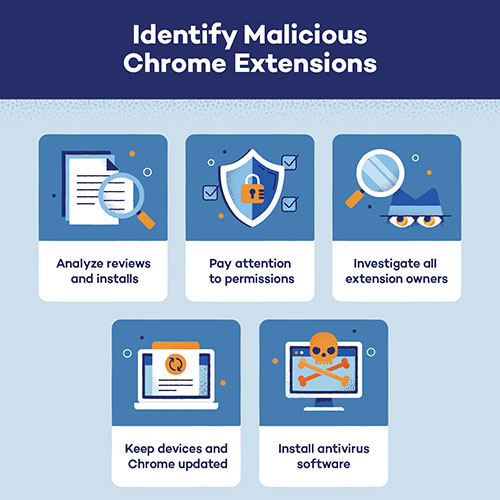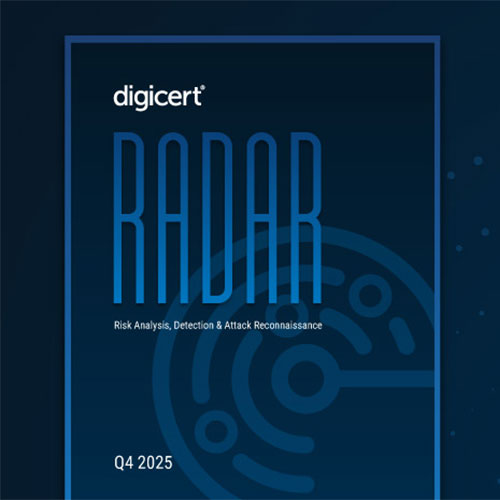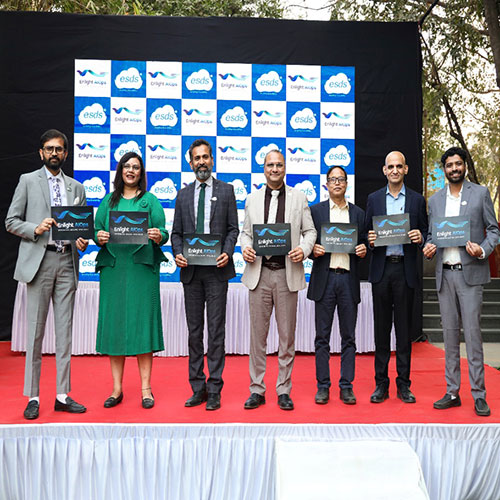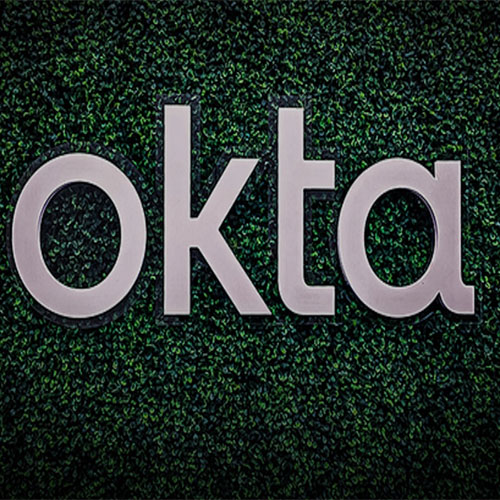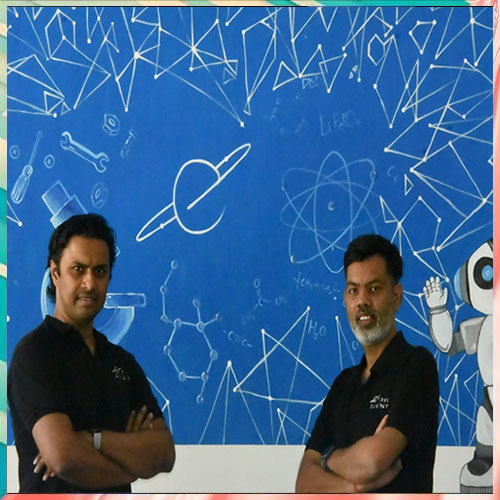
The first study by Google's DeepMind division into the most common destructive uses of the cutting-edge technology found that attempts to utilise AI to support cyberattacks are significantly less common than attempts to create "deepfakes" that mimic politicians and celebrities. According to the report, the production of fake yet realistic human photos, videos, and sounds occurs nearly twice as frequently as the next most common misuse of generative AI tools, which is the fabrication of information through the use of text-based tools like chatbots to create false content for social media posts.
The most common goal of actors misusing generative AI was to shape or influence public opinion, the analysis, conducted with the search group’s research and development unit Jigsaw, found. That accounted for 27 percent of uses, feeding into fears over how deepfakes might influence elections globally this year.
Deepfakes of UK Prime Minister Rishi Sunak, as well as other global leaders, have appeared on TikTok, X, and Instagram in recent months. UK voters go to the polls next week in a general election.
Concern is widespread that, despite social media platforms' efforts to label or remove such content, audiences may not recognize these as fake, and dissemination of the content could sway voters.
Ardi Janjeva, research associate at The Alan Turing Institute, called “especially pertinent” the paper’s finding that the contamination of publicly accessible information with AI-generated content could “distort our collective understanding of sociopolitical reality. Even if we are uncertain about the impact that deepfakes have on voting behavior, this distortion may be harder to spot in the immediate term and poses long-term risks to our democracies.”
The study is the first of its kind by DeepMind, Google’s AI unit led by Sir Demis Hassabis, and is an attempt to quantify the risks from the use of generative AI tools, which the world’s biggest technology companies have rushed out to the public in search of huge profits.
As generative products such as OpenAI’s ChatGPT and Google’s Gemini become more widely used, AI companies are beginning to monitor the flood of misinformation and other potentially harmful or unethical content created by their tools. Google DeepMind and Jigsaw’s researchers analyzed around 200 observed incidents of misuse between January 2023 and March 2024, taken from social media platforms X and Reddit, as well as online blogs and media reports of misuse
See What’s Next in Tech With the Fast Forward Newsletter
Tweets From @varindiamag
Nothing to see here - yet
When they Tweet, their Tweets will show up here.





